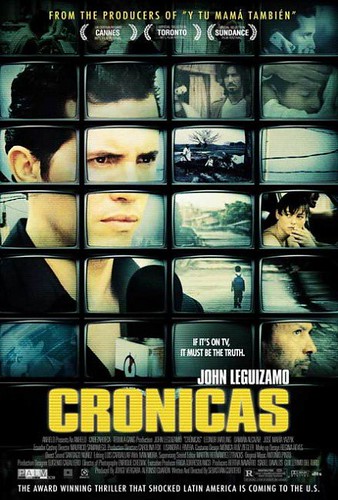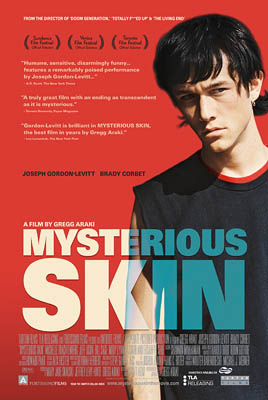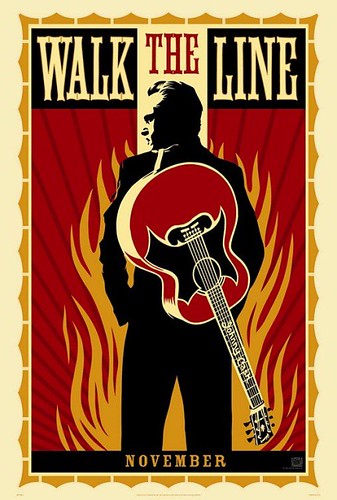
Starring John Leguizamo, Leonor Watling, Damian Alcazar, Jose Maria Yazpik
Combining a compelling story idea in Latin American settings rarely seen in movies had the potential to be an outstanding examination of crime and the television media's role in reporting it. But "Cronicas," while featuring a standout performance from star John Leguizamo, is an inconsistent affair that audiences will likely stay one step in front of through most of its running time.
Leguizamo, in his first Spanish speaking role (noteworthy because he is not fluent in the language), plays Manolo Bonilla, a young, rising star of a Miami-based Spanish language television network. Known for his aggressive investigative style, Bonilla finds himself in Ecuador on the hunt of a serial killer, known as the "Monster of Babahoyo." One would have to think any similarity to investigative TV reporters like Geraldo Rivera is purely intentional – although credit Leguizamo for refraining from doing any impersonations.
While conducting an interview with a family member of one of the killer's victims, Bonilla and his crew, cameraman Ivan (Jose Maria Yazpik) and producer Marisa (Leonor Watling) witness a mob scene after a man accidentally runs over a child crossing the road. The mob, believing the man intended to flee the scene, nearly beat him unconscious, then douse him with gasoline in an intense sequence of events. But Bonilla uses this moment to step in and quell the mob before they kill the man – all of which is, of course, caught on camera.
The rescued man, named Vinicio (Damian Alcazar), is imprisoned for crashing into the child, but is desperate to have Bonilla visit him, as he says he has important information about the identity of the Monster. Skeptical, yet intrigued, Bonilla visits and receives information about the whereabouts of a body the police are yet to uncover. The tip turns out to be correct, but Bonilla decides to keep the police at bay about what he's discovered, in order to extract more information from Vinicio.
However, he quickly suspects there's a logical reason why Vinicio knows what he does, even as Bonilla's putting together a sympathetic story about him.
Writer/director Sebastian Cordero employs multiple scenes featuring Bonilla and Vinicio in a kind of cat and mouse game, where neither one is being completely honest with one another. Those scenes, while well acted, become a bit redundant after a while, as it becomes more apparent where the story is headed. Cordero does take a critical look at television media and the drive for breaking the big story – in particularly with Bonilla's increasingly unethical decisions. But the observations are not that surprising and the film's leisurely pace drains some of the dramatic impact they could have had.
However, filming on location in Ecuador gives the film some gritty realism, while conveying poverty-stricken villages filled with residents full of fear from a killer that has already taken 150 lives of children in their country. The story just doesn't quite match up to its locale, as when the killer's identity is finally revealed (an unsurprising development), the dramatic tension is absent.
By the film's conclusion, Cordero is clearly aiming for audiences to feel outrage at what has taken place. But it's even more likely that the feeling will be indifference.
Grade: C
(Rated R for violence, a scene of sexuality, and language.)

